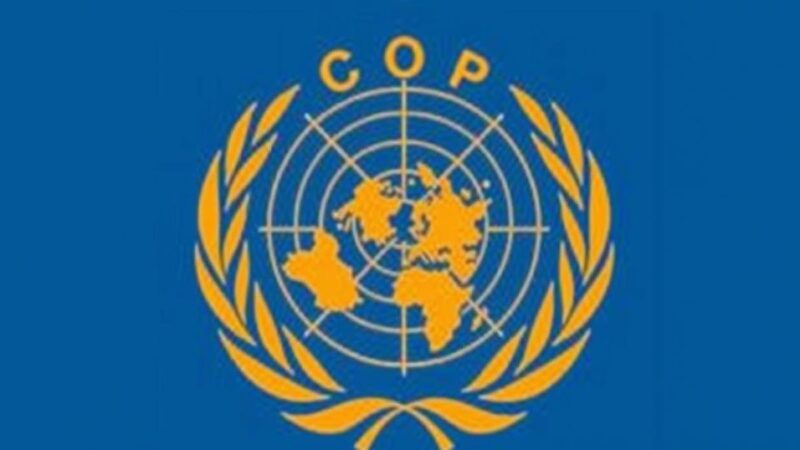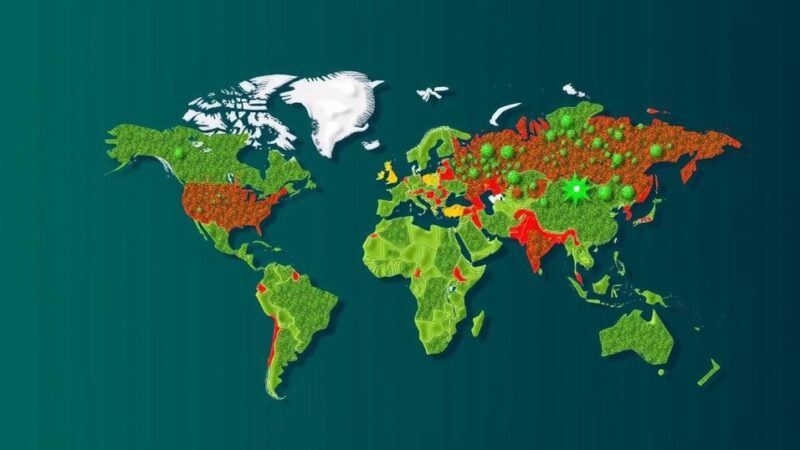The COP29 conference failed to deliver adequate solutions to the climate crisis, primarily due to unresolved issues surrounding climate finance. The agreement did not address critical needs for nature-based solutions, particularly for vulnerable communities. As focus shifts towards the next conference in Brazil, it is imperative that nations prioritize integrated climate and nature strategies to effectively combat these crises.
The recent UN Climate Change Conference, COP29, ended in Baku, Azerbaijan, after a protracted two-week session characterized by disputes primarily over climate financing, resulting in an agreement that inadequately addresses the pressing climate crises. The summit’s ambition, branded as ‘the finance COP,’ ultimately fell short of securing the necessary commitments needed to combat the climate emergency effectively, especially for the most vulnerable communities and wildlife. With many voices expressing disappointment, attention is now directed towards the upcoming COP30 in Brazil scheduled for 2025, where significant progress must be made to address these acute challenges. The impacts of climate change are immediate, and the crucial role of nature in providing solutions was notably absent from the conference discussions. This omission is concerning as nature could contribute significantly to mitigating climate change, suggesting the need for an integrated strategy linking climate action with ecological preservation as an urgent priority.
The UN Climate Change Conferences, known as COP meetings, serve as critical platforms for international negotiations on climate action among countries. COP29 was significant as it aimed to establish a global financial framework to support climate initiatives, particularly in the wake of worsening climate impacts like natural disasters and biodiversity loss. Despite its ambitious title, the conference failed to effectively address the interconnected issues of climate change and conservation, highlighting the need for a coordinated approach in future negotiations.
In conclusion, the outcomes of COP29 have underscored the urgent need for governments to integrate nature-focused solutions into their climate strategies, especially as the effects of climate change intensify. The failures of this meeting have been recognized widely, and if meaningful progress is to be achieved, nations must demonstrate a commitment to robust climate action before the next COP. The urgency of addressing both climate change and biodiversity loss is paramount, as the stakes for the planet’s future remain exceedingly high.
Original Source: www.birdlife.org






